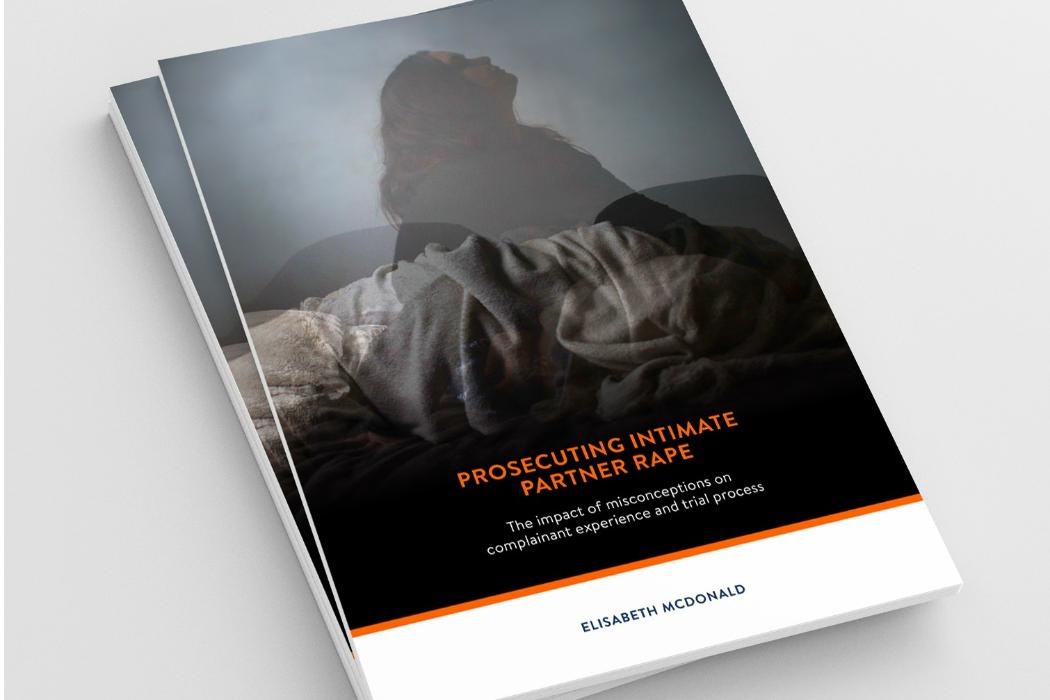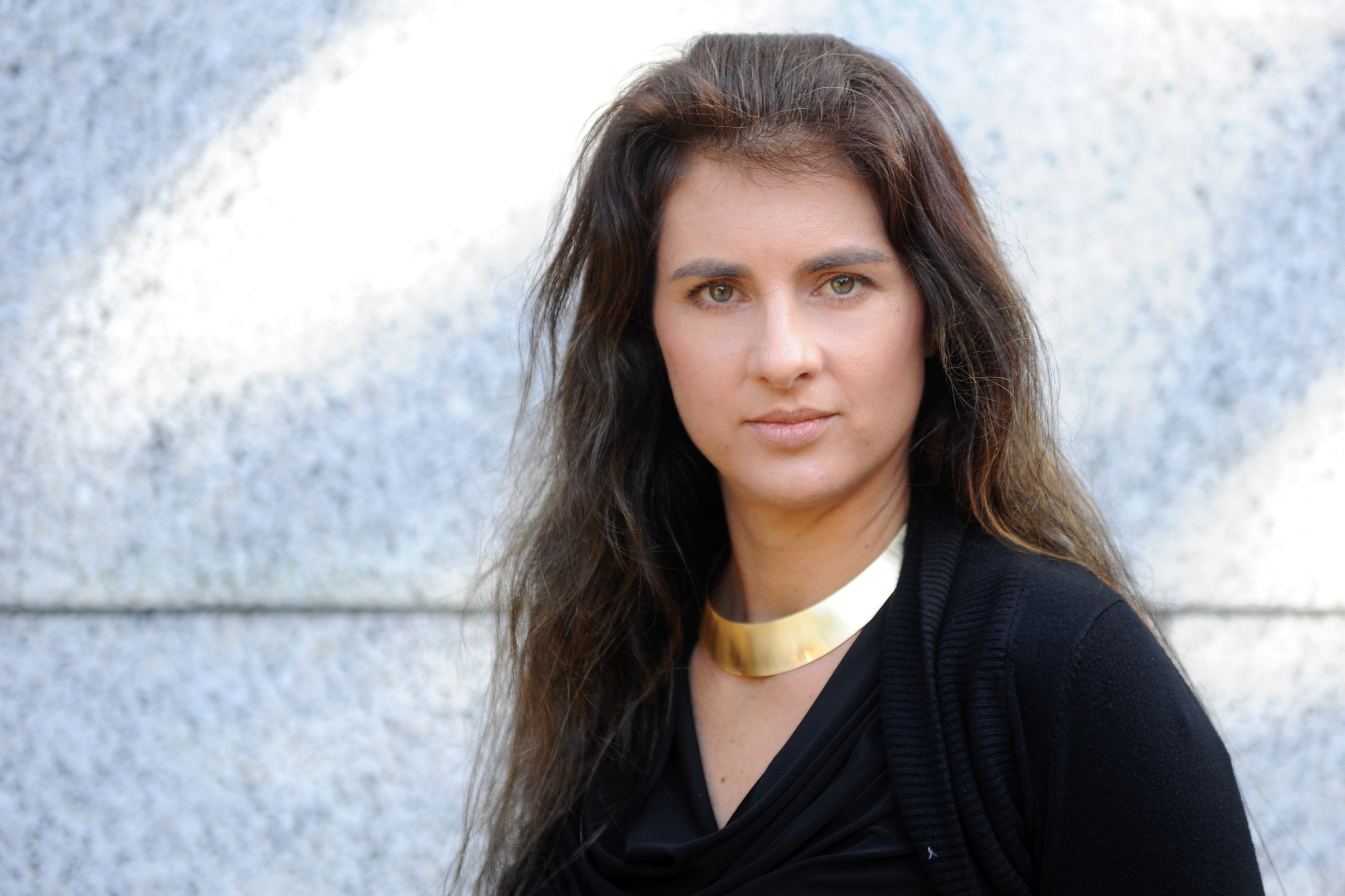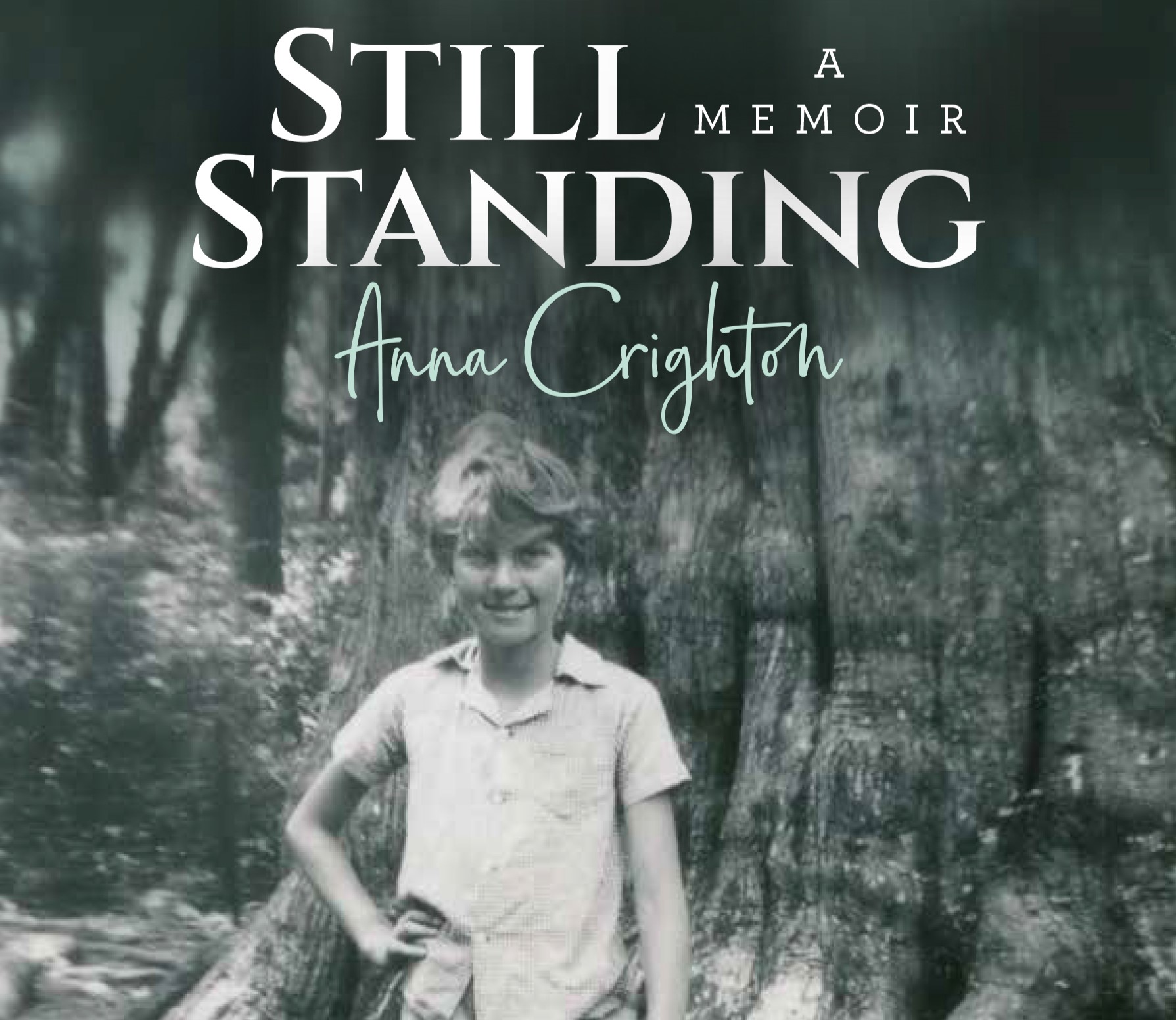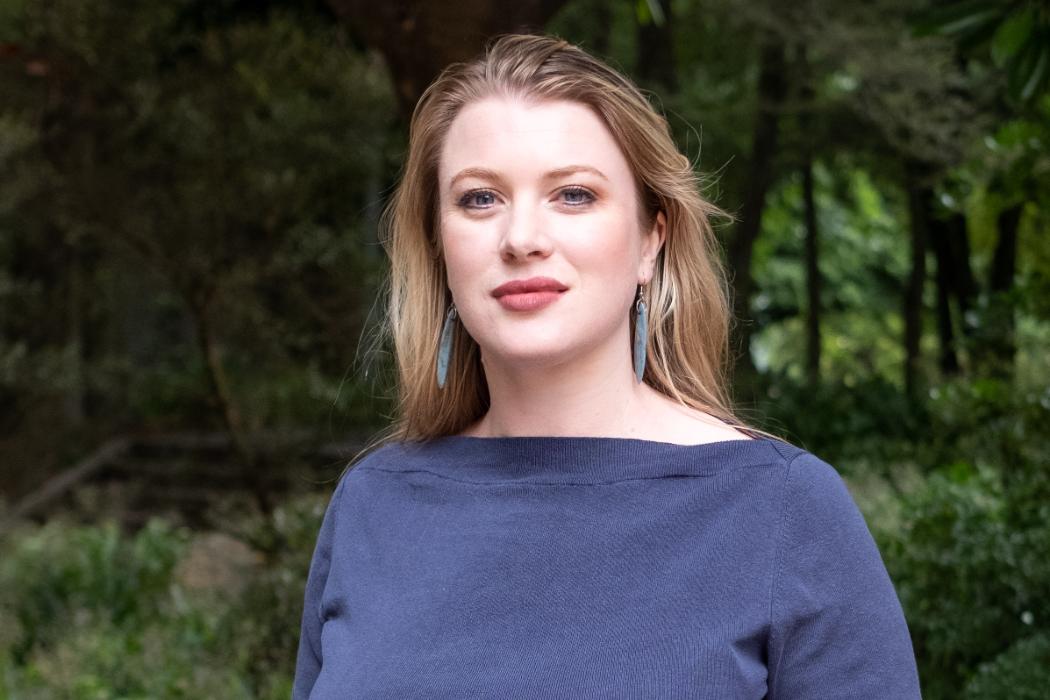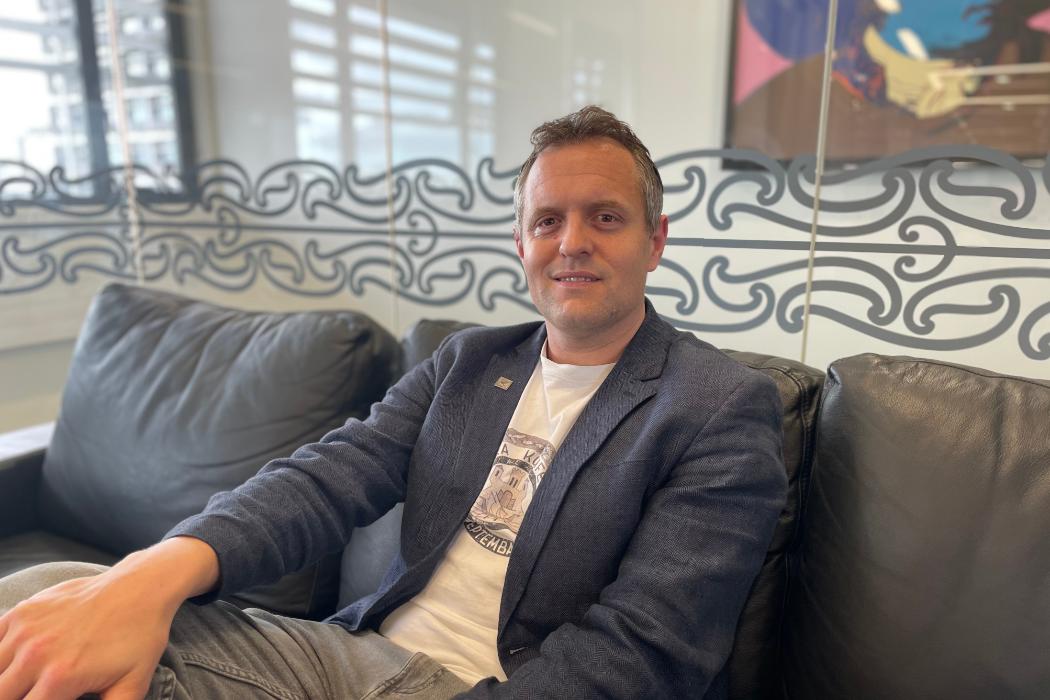Exploring ‘Māori foreign policy’ and China relations
A new academic paper published in the International Affairs journal explores Aotearoa New Zealand's ‘Māori foreign policy’ and China, and the implications of using te ao Māori principles in the face of increasing power tensions. The paper, titled New Zealand’s ‘Māori foreign policy’ and China: a case of instrumental reality? by UC Senior Research Fellow Dr Nicholas Ross Smith and co-author Victoria University Master’s student Bonnie Holster, examines the use of a kaupapa Māori foreign policy based on four tikanga Māori: manaakitanga (hospitality), whanaungatanga (connectedness), mahi tahi and kotahitanga (unity through collaboration), and kaitiakitanga (guardianship and the protection of intergenerational wellbeing). It is one of the first contributions to global international relations literature based on a te ao Māori perspective. “Using te ao Māori principles in our foreign policy provides a fundamental difference in how we see the world,” says Dr Smith. “It takes a relational and intergenerational approach that offers a more complex and sophisticated way of looking at these relationships, which is radically very different to how many countries approach geopolitics,” says Dr Smith.
Māori financial independence research received scholarship
UC Law Lecturer Rachael Evans was awarded a PhD scholarship for research investigating how iwi can exercise rangatiratanga (sovereignty or autonomy) through the development of fiscal authority. “Before colonisation, iwi and hapū with tino rangatiratanga were active political and economic entities making their own decisions according to their tikanga (law) and kawa (rules). Colonisation imposed new systems and intergenerational poverty, which 35 years of Treaty Settlements has had mixed success in alleviating", says Evans. A standout student, Evans has previously received a Ngāi Tahu Centre scholarship and support to travel to Canada to meet key First Nations leaders in the fiscal and regulatory authority space. “I think it’s important that people see that Māori can and do achieve in different ways. I also try and make myself available to Māori students including Te Putaiki, but also Pākehā who are interested in Te Tiriti and tikanga,” says Evans.
Research aims to improve trials for intimate partner rape
UC Law Professor Elisabeth McDonald says her new book, launched at Parliament, analyses prosecutions for intimate partner rape and aims to improve the trial process. The publication focuses on a relatively under-researched aspect of the trial process – the impact on adult complainants when misconceptions about rape and family violence are used to challenge their evidence, and in particular their credibility. Professor McDonald says it’s essential for sexual violence within a relationship to be recognised as a distinct and significant form of harm and to understand the nature of consent within a context of coercive control. “The purpose of the research is to provide a more informed place from which to improve the complainant’s experience in rape trials, to ensure a fair trial process for both complainants and defendants. It is my hope that this book will provide the information needed to support some real and significant policy shifts in the prosecution of intimate partner rape”, says Professor McDonald.
Forging closer ties with NZ Police
UC and the NZ Police have formalised a Memorandum of Understanding (MOU), signed by the Vice‐Chancellor, Professor Cheryl de la Rey, and NZ Police Commissioner, Andrew Coster. Professor De la Rey said, “We have a shared goal of improving our understanding of criminal justice matters and the MoU is particularly relevant to the University’s Faculty of Law and our innovative Criminal Justice programme. However, there are other disciplines and faculties that will also contribute to this significant partnership.” Police Commissioner Coster said the MoU helps formalise the working relationship between UC and Canterbury Police, as well as Police nationally. “Police work is increasingly evidence‐based, so it makes sense to partner with leading tertiary institutions like UC, which can contribute new research and a critical eye to policing and justice issues. Strong partnerships, like those being formalised in the MoU, can ultimately help make our communities safer. NZ Police’s mission is to prevent crime and harm through exceptional policing. It’s therefore vital we understand what works to achieve this outcome,” said Commissioner Coster.
Studying Criminal Justice
UC’s unique undergraduate degree in criminal justice, the Bachelor of Criminal Justice, is the first of its kind in Aotearoa New Zealand. New Zealand Police has been part of UC’s Board of Studies for the Criminal Justice programme for the past eight years. The New Zealand Police Commissioner Andrew Coster says, “It’s been great to see the Bachelor of Criminal Justice degree go from strength to strength.” Students interested in criminal justice can also undertake these exciting new qualifications:
- Certificate in Criminal Justice
- Graduate Diploma in Criminal Justice
- Master of Criminal Justice
Palgrave Macmillan Lecture
The 2022 annual Palgrave Macmillan Lecture event looked at the relationship between the humanities, social sciences and the current international picture, and asked the question: How can the Humanities and Social Sciences contribute to the Peace Agenda? The keynote speaker was UC’s Professor Steven Ratuva, Director of the Macmillan Brown Centre for Pacific Studies, and Vishal Daryanomel, Senior Editor from Palgrave Macmillan in Singapore, gave a talk on Publishing and the Peace Agenda: the role of the humanities and social science.
European Foreign and Security Policy
This short course, offered by the National Centre for Research on Europe (NCRE) at UC, examines current European Union foreign policy activities which include peace and reconciliation interventions; a growing security role for Europe in terms of an autonomous EU military capacity; and an international diplomatic role. NCRE is Aotearoa New Zealand’s only research centre devoted to the study of Europe and the European Union and attracts visiting academics from all over the world.
International Human Rights
This course, offered by our Faculty of Law, provides students with an introduction to international human rights law and the international human rights framework in the Aotearoa New Zealand context. Students are familiarised with the core legal instruments and institutions relevant to the protection and promotion of human rights at the international level, along with some of the topical issues and controversies. Other issues covered are the historical origins of the human rights idea, major multilateral human rights treaties and institutions within the UN system, and the links between international human rights and domestic implementation.
Centre for Entrepreneurship
The Centre for Entrepreneurship at UC offers programmes to support the development of social enterprises that promote peace and justice. The Centre’s aim is to deliver highly versatile graduates who can contribute to society in a meaningful and positive way. All activities at the Centre are connected with external organisations, enabling students to gain real world hands-on experience. Programmes and events are open to all UC students regardless of the degree or year. No prior experience is required.
Paving the way for rights
UC History Professor Katie Pickles explored the legacy of Kate Sheppard and those who paved the way for women’s rights in Aotearoa New Zealand. Professor Pickles says Sheppard is sometimes framed as a reformer, called to work for a more peaceful and egalitarian society. Who else might represent the heroic archetype? Waikato woman of mana and Kīngitanga leader Te Puea Hērangi is described by historian J.G.A. Pocock as possibly the most influential woman in New Zealand’s political history. Her activism included seeking compensation for land confiscation. Viewed through an early 21st-century lens, both women stand for citizens working together for the common good.
On anti-terrorism and extremism
New Zealand’s first annual meeting on countering terrorism and violent extremism was held in Christchurch in June 2021. Some of the most powerful and influential people in New Zealand spoke at the event, including Prime Minister Jacinda Ardern, Director-General of Security Rebecca Kitteridge, Police Commissioner Andrew Coster, and Anjum Rahman of the Islamic Women’s Council. Christchurch Mayor Lianne Dalziel spoke, as did UC’s Vice-Chancellor, Professor Cheryl de la Rey. Below is a brief excerpt taken from Professor de la Rey’s speech:
“Terrorism and extremism of any type is in fact antithetical (contradictory) to the very nature of universities and our academic missions which is fundamentally about openmindedness, inquiry and developing knowledge in its multiple forms and perspectives. Universities bring together students and staff from a range of walks of life, different generations, different ethnicities, varying perspectives and academic disciplines to learn and to research. Our commitment to diversity is backed by a substantial body of research in psychology, economics, computer science and many other fields that shows that diversity and inclusion in our approaches to tackling complex challenges produces better outcomes compared to homogeneity.”
First Professor appointment
The Ngāi Tahu Research Centre has appointed its first Professor, Dr Shaun Ogilvie, as Professor of Ecology and the Environment, a co-appointment with the Faculty of Science, at UC. Professor Ogilvie graduated with a PhD in Ecology from UC and has held numerous academic and research roles. The appointment of Professor Ogilvie is part of a commitment to grow and attract senior Māori academics to UC, supported through the Ngāi Tahu Research Centre. This is the first of five professorial positions. Associate Professor Te Maire Tau, Director of the Ngāi Tahu Research Centre, says, “Equity within the University is quite simple. Knowledge needs to be seen as a capital asset to which our people have equal access and academic leadership provides a route for our students to gain access to new knowledge and to contribute to new knowledge.”
Bicultural Lessons for Law Students
Law Lecturer Adrienne Paul (Ngāti Awa, Ngāi Tuhoe) commenced in January 2020 and is already changing how bicultural lessons are woven into UC’s Bachelor of Laws programme. Adrienne teaches Māori Land Law as well as teaching into a number of other Level 1 and 2 Law papers. “It’s really cool to see my students grapple with and understand that rivers and mountains in Aotearoa have the same rights as people in a court of law, and we see this through the Te Awa Tupua (Whanganui River Claims Settlement) Act 2017, whereby the Whanganui River is stated as a legal person.” This unique characteristic of Aotearoa law recognises the Māori belief that humans are equal with everything including land and rivers.
Bachelor of Criminal Justice
The Bachelor of Criminal Justice degree is the first of its kind in Aotearoa. Programme Director Dr Jarrod Gilbert sets the strategic direction for the degree. The degree provides the only comprehensive grounding in the New Zealand criminal justice system. It is open to all students with entry to university, and it is also possible to study towards the degree while working in this field. The degree can lead to careers in law enforcement, corrections, offender rehabilitation, working with young offenders, criminal law, security and border control. Graduates will have an edge in the crime and justice job markets, which are areas of growing national need and international specialisation.
Public Perceptions Informing Law Change
Results from a study into perceptions of surrogacy in Aotearoa is being used to inform law changes in the UK. Associate Professor Debra Wilson, from UC’s School of Law, led the research project, which aimed to gain a real understanding of what the New Zealand public thinks about our surrogacy laws. The most surprising findings were that surrogates should receive some form of payment, and who the legal parents should be. When it is too hard to arrange a surrogacy in their own country, people go overseas, and differing laws mean the child essentially has no citizenship. The research findings are already being used to inform policy changes in the UK and Associate Professor Wilson also hopes to advise on a private member’s bill here in Aotearoa.
Research Facilitates Positive Change
UC Law Professor Elisabeth McDonald’s book published in 2020, Rape Myths as Barriers to Fair Trial Process contains findings from four years of research, and opened the court room door on rape trials. Professor McDonald explains she “was determined that it would not just amount to yet another demonstration of how the criminal justice system does not do right by rape victims. Rather, it might demonstrate how the adversarial trial process could be different, could provide fair trial process for both complainants and defendants, and not continue to be one of the reasons for the extraordinarily high attrition rates.” The book is written for a wide audience and available to sector workers, victim support agency workers, policy makers and students of law, criminology, criminal justice and sociology can benefit from the insights and recommendations.
Award-Winning Author Behrouz Boochani
After six years of being detained overseas, award-winning author Behrouz Boochani, an indigenous Kurd, became recognised as a refugee under the United Nation’s Convention on Refugee Status. This meant Boochani was now able to live in Aotearoa, and apply for permanent residence. He said the decision by Immigration New Zealand provided him with a sense of security. Boochani was appointed as a Senior Adjunct Research Fellow at UC in 2020, based at the Kā Waimaero, the Ngāi Tahu Research Centre. In 2021, Boochani was made UC Writer in Residence.
Report on Foreign Bribery
Foreign bribery has huge consequences. A global research 2020 report on foreign bribery rated the performance of leading global exporters and countries who are OCED signatories. UC’s Law Professor John Hopkins took part as the author of the New Zealand report. He described Aotearoa as having ‘limited enforcement’. Professor Hopkins explains: “Although domestic corruption in New Zealand appears low, we really need to lift our game in the way we respond to the threat of international corruption. The combination of an excellent reputation coupled with lax enforcement of foreign bribery is an extremely dangerous one. Organised crime and corrupt entities may see New Zealand a soft target for legitimising their activities.”



